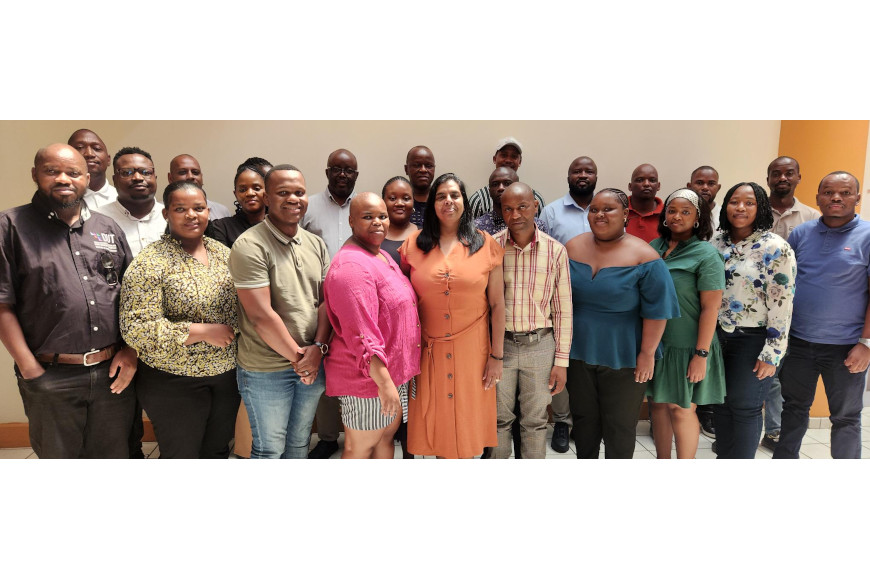In line with the strategic directions of the Durban University of Technology (DUT), the Centre for Excellence in Learning and Teaching (CELT) strives to be both people centred and critically engaged in all University programmes and operations aimed at enhancing student success.
Every semester the Centre for Excellence in Learning and Teaching (CELT) at the Durban University of Technology invites all newly appointed academic staff to its much-anticipated Academic Induction Programme.
The Academic Induction Programme facilitated by the Centre for Excellence in Learning and Teaching (CELT) serves as an integral platform for the professional development of newly appointed academic staff. Informed by theoretical underpinnings and grounded in both local (institutional and national) and global contexts, the programme aims to cultivate critically reflective and reflexive, scholarly practices within the higher education landscape, with a particular emphasis on fostering transformation and social justice. The programme underscores a holistic focus on the academic role with teaching and learning, research and community engagement as key pillars of higher education. The workshops serve as spaces for engaging in critical discussions surrounding key imperatives in higher education, contextualised within institutional, local, and global frameworks.
This six-month programme, offered biannually includes a four day block session at the beginning of the semester, followed by monthly developmental workshops which are designed to provide an introduction to DUT’s policies, procedures, and practices, while also addressing the full spectrum of the academic role: learning and teaching, research, and engagement. Integral to the programme is the incorporation of the student voice, as fostering student agency and success is paramount. Participants have the opportunity to engage with students, who share their experiences and perspectives, enriching the learning process.
In addition, aligned with the scholarly focus of the programme, participants are encouraged to inquire into their educational practices. The six-month programme culminates with a Sharing Day at the end of the semester where participants presentations focus, “How can we improve practice”. This platform allows for the exchange of insights and ideas aimed at enhancing pedagogical approaches and overall academic practices, fostering a culture of continuous improvement and excellence.
The upcoming induction programme will commence with a block workshop from 28 January to 31 January 2025, followed by a series of follow-up workshops throughout the semester. This cohort includes 29 academic staff members from various faculties, all set to embark on this transformative journey. Dr Shoba Rathilal: Acting Director (CELT) will commence the academic induction programme with a welcome to attendees and facilitate a session on the implications on practice of DUT’s ENVISION 2030 and Philosophy of Education.
All in all, the workshops will focus on
- Researching learning, teaching, assessment and an Introduction to the Scholarship of Teaching and Learning
- Creative and Innovative pedagogies
- Research and Supervision and support for academic staff
- Community engagement
- Overview of other essential learning and teaching support services.
The aim of the upcoming induction programme is to encourage newly appointed academic staff to contribute to DUT’s teaching and learning strategy which will guide an institutional approach to learning, teaching and assessment.
Pictured: Steve Biko Campus
Cebokazi Xozwa

